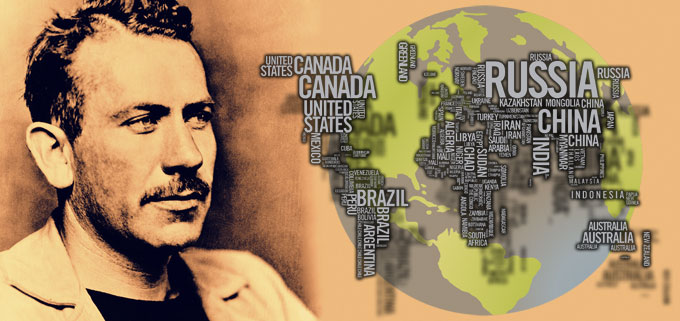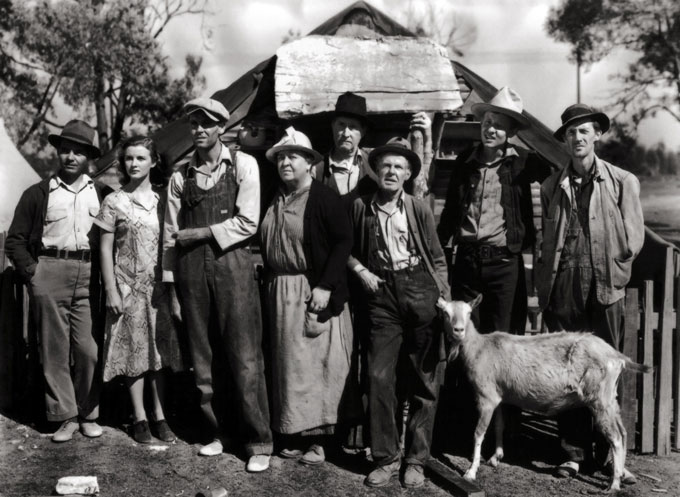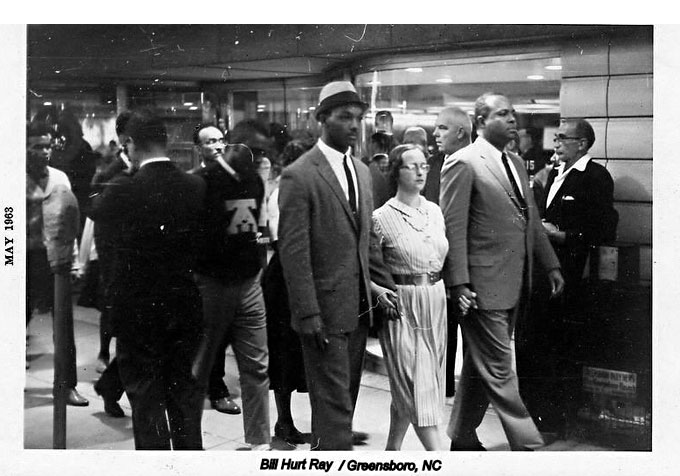In a 1946 letter, John Steinbeck described arriving in Denmark to find “thirty cameramen with flashlights . . . . I didn’t know anyone treated writers like this.” He later observed that Denmark was the only country in the world to keep all his books in print. Meanwhile, on the other side of the globe, the John Steinbeck Society of Japan boasts one of the strongest memberships of any foreign author society dedicated to an American author, with annual conferences and a peer-edited scholarly journal. If any 20th-century American author can be considered an “international” writer, it is Steinbeck.
International Society of Steinbeck Scholars Goes Global
The International Society of Steinbeck Scholars is planning to examine Steinbeck as an international writer in a May 4-6, 2016 conference to be held at the Martha Heasley Cox Center for Steinbeck Studies at San Jose State University in San Jose, California. Proposals are being accepted now through February 2016 for papers on a wide variety of theoretical applications, such as Steinbeck’s connections to world literature and world thought—for example, Classical Greek and Roman, Eastern, and twentieth-century Russian. Other topics are welcome as well, such as deep ecology, power and subjugation, the concept of democracy and America, ethics and philosophy, and gender studies.
San Jose State University Event and Salinas/Monterey Steinbeck Festival Scheduled Back to Back: Do Both!
The San Jose, California conference has been scheduled to precede the 2016 Steinbeck Festival in Salinas and Monterey sponsored by the National Steinbeck Center, located less than two hours south by car from San Jose State University’s downtown campus. Many attendees of the 2013 John Steinbeck conference at San Jose State University traveled to Salinas after the conclusion of the academic proceedings to participate in the tours and other activities organized by the National Steinbeck Center, host of the annual weekend-long celebration of one of the most internationally popular American authors of the 20th century.





